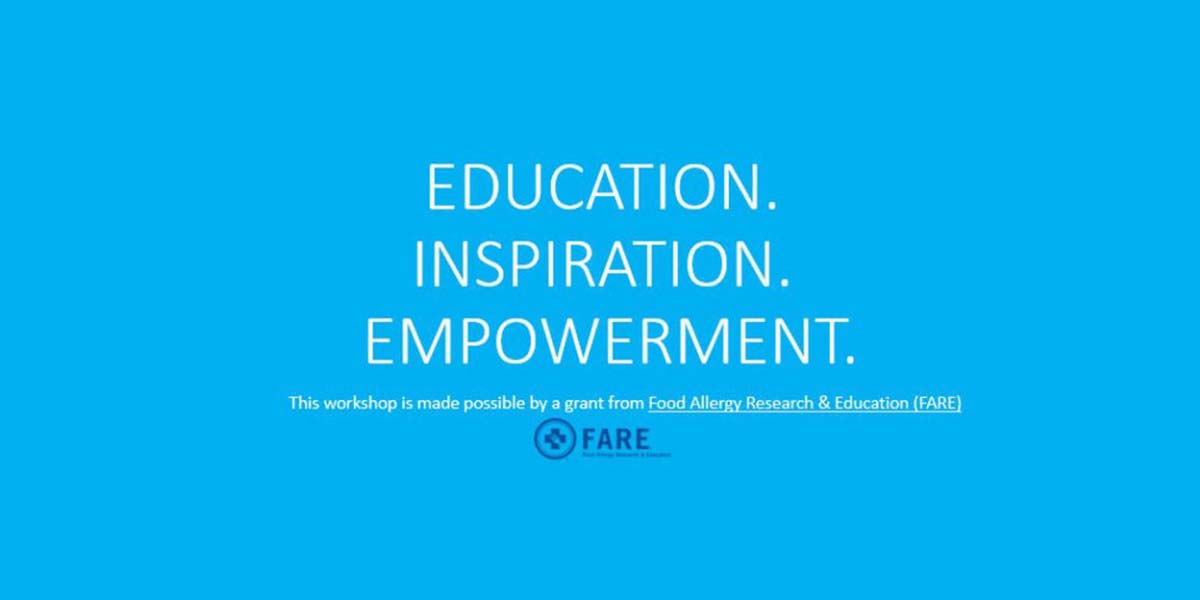Patients often ask for reasons we have seen an increase in allergic diseases, including asthma,…

2013-2014 Influenza Vaccine
Who Should Be Vaccinated?
Annual vaccination against Influenza is recommended for all people age 6 mos and older who do not have a contraindication to the vaccine.
Important Points for Healthcare Providers
- Vaccination should begin as soon as vaccine becomes available in late summer and should continue through the spring months.
- Vaccines for the 2013-2014 season include inactivated influenza vaccine (IIV), live attenuated influenza vaccine (LAIV), and recombinant
hemagglutinin vaccine (RIV). Most vaccine will be trivalent, made with two A viruses and one B virus (IIV3). A quadrivalent vaccine, containing an additional B virus, will also be available (some IIV4 and all LAIV4). - Help your patients learn more about the vaccine by providing Vaccine Information Statements (VISs). These federally required VISs are available in English and many other languages at www.immunize.org/vis.
- It is important that you and everyone in your healthcare setting be vaccinated to protect your patients and to set the right example.
Key Points for Patients
-
- Influenza is a serious respiratory disease caused by a virus. It is not the same as the common cold or an intestinal illness.
- Influenza may be contagious for 24 hrs before any symptoms develop.
Though everyday preventive actions (e.g. handwashing) can help prevent transmissions of many types of germs, the best way to avoid influenza infection is to get vaccinated.
- Many places offer influenza vaccination. In addition to physician practices, many health departments, pharmacies, retail stores, community sites, workplaces, and schools offer vaccination. For locations in your area, visit http://flushot.healthmap.org.
- Influenza vaccine may be more effective in some people than in others. However, vaccination is still our best method of protection.
- It is important that every person age 6 mos and older be vaccinated for their own protection, as well as the protection of those they love and those who are especially vulnerable to the serious and sometimes deadly complications of influenza.
- Because influenza vaccine is recommended for almost everyone, it is covered by most health insurance plans; it is covered under Medicare Part B for those enrolled in Medicare.
Vaccine Dosing and Administration
- Intramuscular (IM): Give 0.25 mL if age 6-35mos; give 0.5 mL if age 3 yrs or older. Give IM with a 22-25g, 1-1.5” needle. Choose vaccine according to patient’s age (i.e., Fluzone IIV: 6 mos & older; Fluarix IIV: 3 yrs & older.
Fluvirin IIV: 4 yrs & older; Afluria IIV: 9 yrs & older; FluLaval IIV: 18 yrs & older; Flucelvax IIV: 18 yrs & older; Flublok RIV: 18 through 49 yrs; Fluzone
IIV[high dose]: 65 yrs & older). - Intranasal (IN): Give 0.2 mL FluMist (0.1 mL sprayed into each nostril) to healthy non-pregnant people age 2 through 49 yrs.
- Intradermal (ID): For adults age 18 through 64 yrs: Give 0.1mL
FluZone(intradermal) via prefilled microinjection system. - Give 2 doses of influenza vaccine separated by at least 4 wks to all children age 6 mos through 8 yrs who are receiving influenza vaccine for the first time or who did not get or are unsure if they got at least 2 doses of influenza vaccine since July 1, 2010. For an alternative approach , see footnote 2.
Contraindications and Precautions
- Minor illnesses with or without fever do not contraindicate influenza vaccine.
- Do not give influenza vaccine to a person who has had a serious systemic or anaphylactic reaction to a prior dose of the vaccine or any of its components.
- Flublok is recommended for people age 18 through 49 yrs with egg allergy of any severity; for more information on egg allergy, see footnote 2.
- Do not give nasal-spray LAIV to people who have a hypersensitivity(anaphylactic or non-anaphylactic) to eggs; are younger than age 2 yrs or older than age 49 yrs; age 2 through 4 yrs with possible reactive airways disease(e.g., history of recurrent wheezing or a recent wheezing episode); age 50 yrs or older; pregnant; have a high-risk medical condition; or are a child or teen receiving long-term aspirin therapy. Due to theoretical concerns over transmission of a live virus, IIV may be preferred for people who have close contact with severely immunosuppressed people during periods when the immunocompromised person requires protective isolation.
- Guillain-Barre’ syndrome within 6 wks following a previous dose of influenza vaccine is a precaution for vaccination with IIV, RIV, or LAIV.
Side Effects
- IIV and RIV’s most common side effects are soreness, redness, and (for IIV-ID only) itching at the injection site, lasting 1-2 days.
- LAIV’s most common side effects are runny nose and nasal congestion.
_____________________________
1. If no other age-appropriate IIV is available, Afluria may be considered for a child age 5-8 yrs at high risk for
influenza complications, after risks & benefits have been discussed with the parent/guardian.
2. CDC. Prevention and Control of Influenza with Vaccines: Recommendations of the ACIP-U.S., 2013-14 Influenza
Season. www.cdc.gov/vaccines/hcp/acip-recs/vacc-specific/flu.html#recs.
3. Ask parents of children age 2-4 yrs: “In the past 12 months, has a healthcare provider ever told you that your child
ha wheezing or asthma?” If yes, do not give LAIV; instead give IIV.



